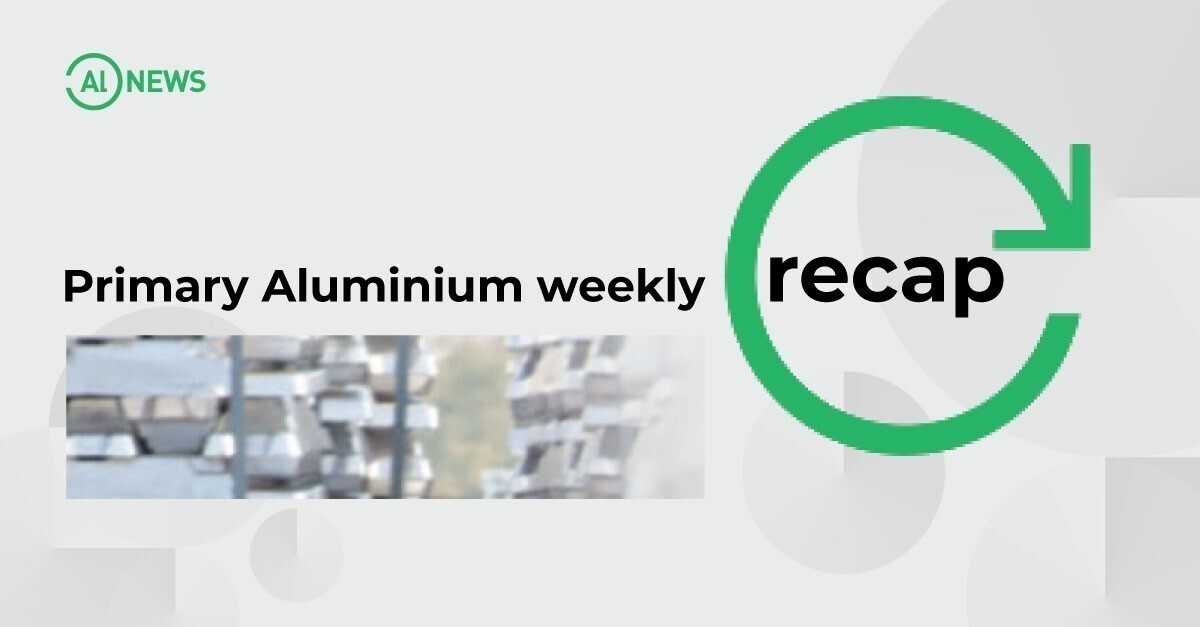

The aluminium industry is witnessing significant transformations in 2024, characterised by impressive financial gains, strategic energy agreements, and innovative financial solutions. Companies like Press Metal Aluminium Bhd and New Zealand Aluminium Smelters are navigating complex global trade landscapes while prioritising sustainability and renewable energy. This case study delves into recent developments, analyses their impact, and projects future industry trends.

Press Metal's financial surge - Remarkable profit growth in Q1 2024
In the first quarter of 2024, Press Metal Aluminium Bhd reported a striking 44.7% year-on-year increase in net profit, amounting to RM408.04 million. The company also saw a 17% rise in revenue, reaching RM3.62 billion. This growth is largely attributed to higher sales volumes and favourable exchange rates. Furthermore, Press Metal’s dedication to low-carbon aluminium production aligns with the escalating demand for sustainable materials. Despite global trade challenges, strategic positioning has bolstered investor confidence, resulting in a 4.10% rise in share prices to RM5.59 and a 15% year-to-date increase. The company declared its first interim dividend of 1.75 sen, reinforcing its commitment to shareholder returns.
Strategic energy agreements - Sustainable energy for Tiwai Point Smelter
New Zealand Aluminium Smelters (NZAS) has secured 20-year electricity agreements with Meridian Energy, Contact Energy, and Mercury NZ, starting July 2024. These contracts guarantee 572 MW of renewable energy, ensuring the Tiwai Point smelter’s competitiveness in producing high-purity, low-carbon aluminium. Rio Tinto Aluminium's CEO, Jérôme Pécresse, highlighted the collaborative efforts securing this sustainable future. Additionally, Rio Tinto will fully acquire NZAS by purchasing Sumitomo Chemical Company’s 20.64% stake and an additional 2.46% stake in Boyne Smelters Ltd., boosting Rio Tinto’s ownership to 61.85%. These transactions await regulatory approval.
Market dynamics in China - Rising inventories and weak cargo pick-up
As of May 27, 2024, China’s aluminium ingot inventory rose to 781,000 tonnes, driven by increased supply and Russian imports. However, weak cargo pick-up rates, now at a five-year low, have exacerbated inventory pressures. In contrast, aluminium billet inventories are bolstered by steady downstream demand and reduced supply, currently at 172,100 tonnes, a decrease of 9,000 tonnes from the previous week. Future projections indicate aluminium ingot inventory will remain high, hovering around 750,000 to 800,000 tonnes, while aluminium billet inventory may decrease slightly to 150,000 tonnes due to stable pick-up and reduced supply.
African aluminium production decline - Bearish trends in primary aluminium output
In April 2024, Africa’s primary aluminium production showed a bearish trend, declining by 5.4% year-on-year to 122,000 tonnes, a 3.17% drop from the previous month. The cumulative output from January to April 2024 was 494,000 tonnes, a 5.18% decrease from the same period in the previous year. This sector, dominated by companies like Hillside Aluminium, Mozal Aluminium, and Egyptalum, mirrored a global production dip of 3.84% month-on-month, despite a 4.16% year-on-year increase in worldwide production to 23.757 million tonnes in the first four months.
Innovative financial solutions - Cryptocurrency adoption amid financial obstacles
Russian commodities firms are increasingly turning to stablecoins like Tether for transactions with their Chinese counterparts, circumventing traditional financial hurdles. This shift underscores the growing role of cryptocurrencies in international trade. Two major Russian metal producers now use stablecoins for transactions with Chinese clients, a response to international restrictions following the Ukraine-Russia conflict. Enhanced compliance measures, driven by the US Treasury’s threats of secondary sanctions, have further complicated financial dealings, even with non-sanctioned companies and in markets like China.
The aluminium industry is at a pivotal juncture, embracing sustainable practices and innovative financial solutions to navigate global trade complexities. Companies like Press Metal and NZAS are leading the charge with strategic investments and energy agreements, setting a precedent for future growth and sustainability. As the industry adapts to new challenges, it remains poised for continued evolution and resilience.



Responses






